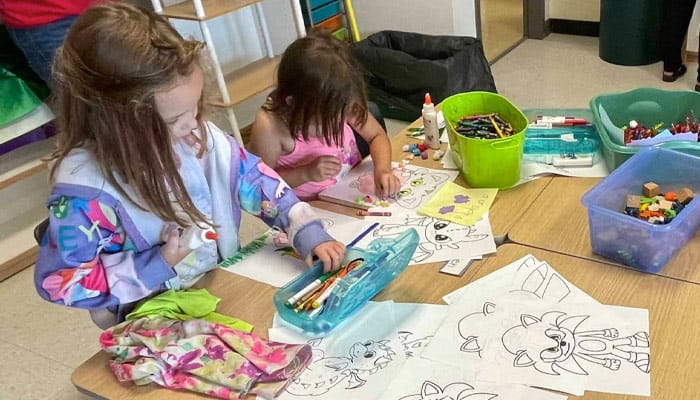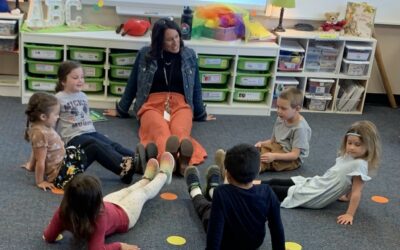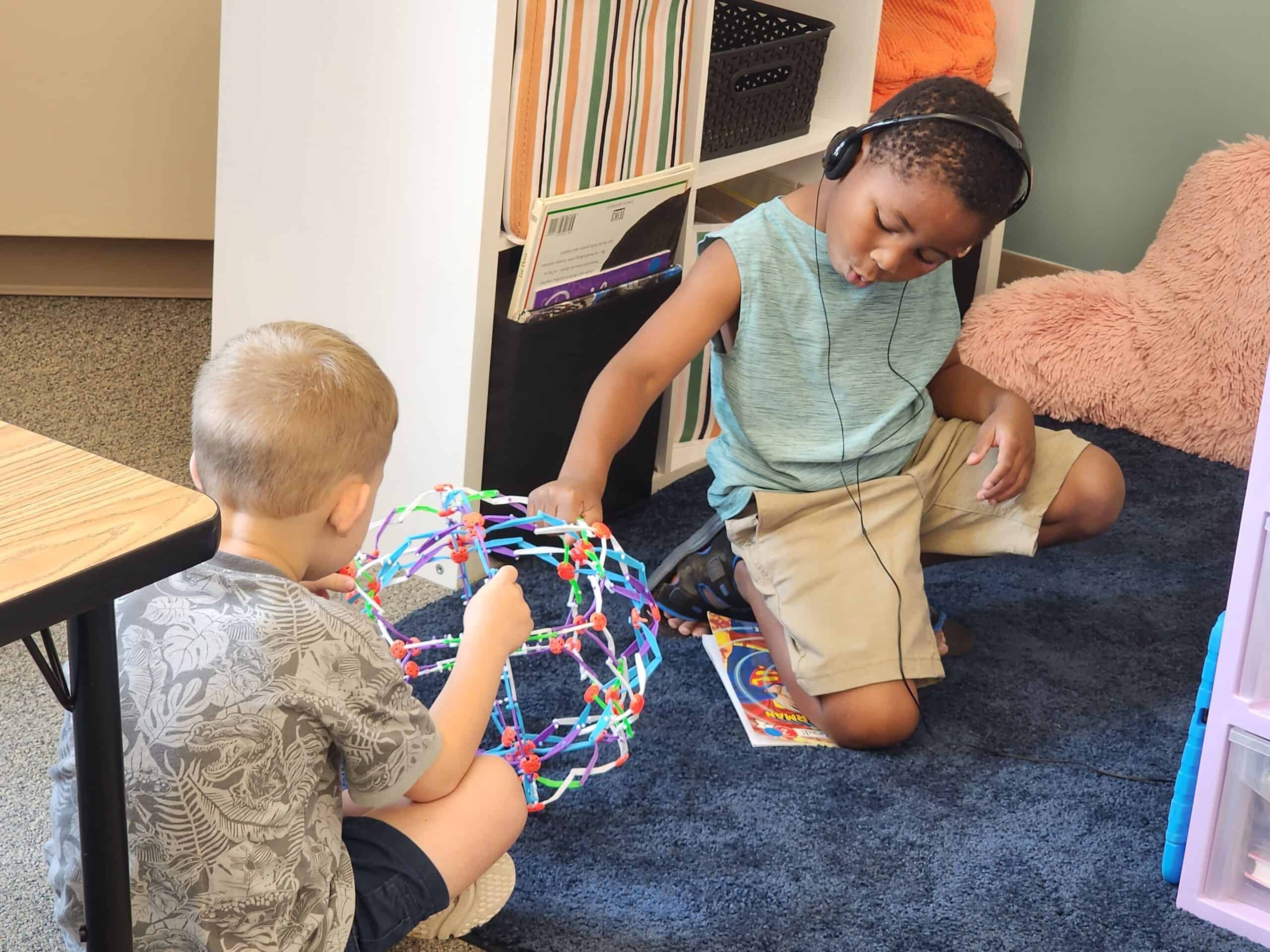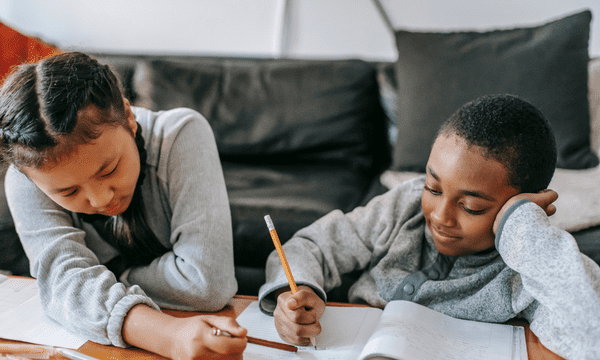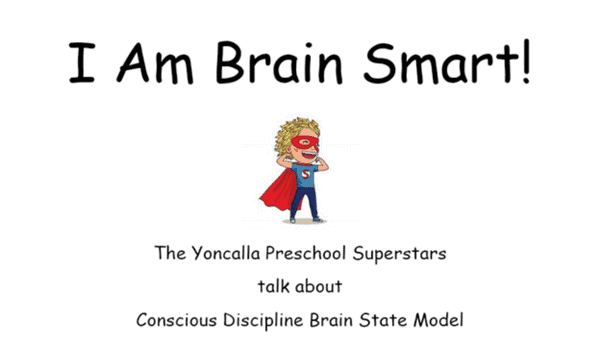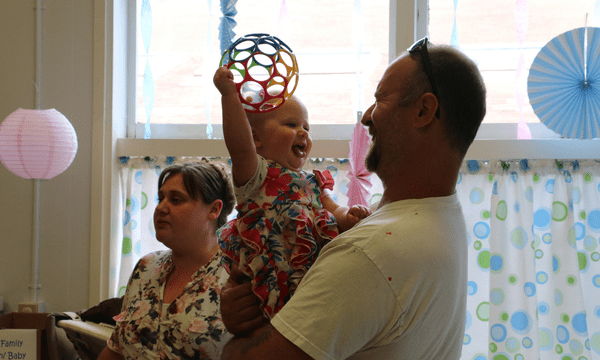Students will participate in a teacher-guided student circle for 15 minutes once a week to check in with themselves, share with side partners, and then the whole group. They will name how they feel and one way they want to be supported
Change Library
Welcome to the Change Library!
This Change Library is a collection of real examples from teams who have created a process to address a problem, and it’s intended to inspire your team and spark ideas for changes in your own context.
Inside the Change Library
Improvement Guide
Learn more about how to organize and build your team, orient your team to a problem of practice, gain empathy for the children and families you’re serving, and go through the process of designing a change idea.
Change ideas
Change ideas are real examples from partner schools and culturally specific organizations across Oregon. They are informed by early learning research and promising practices.
Resources
Get access to the latest resources and research related to equity and systems change in early childhood education and more!
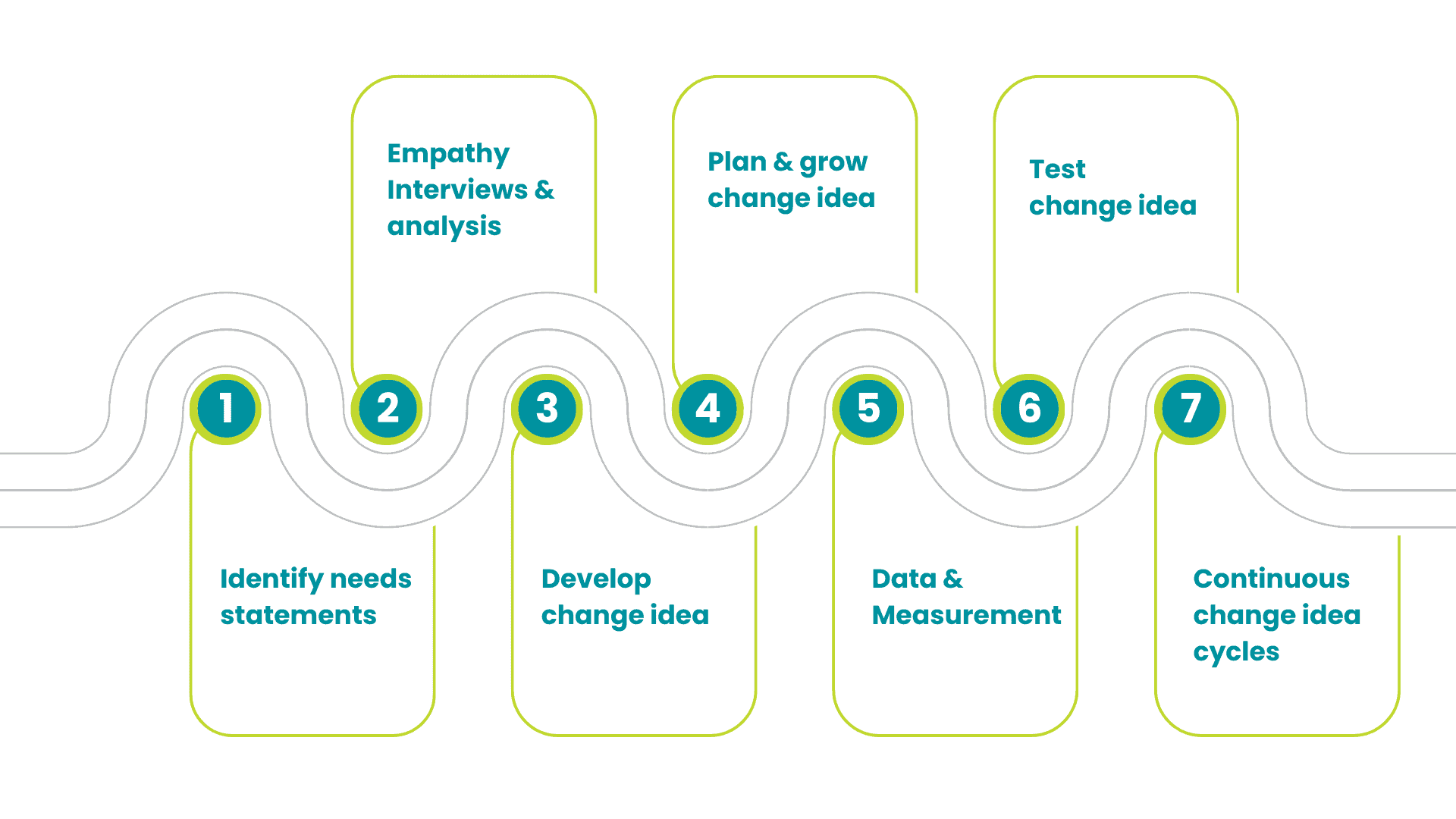
Change Idea Process
The change idea cycle usually consists of three steps: the idea, the plan, and the measuring the data. Once a change idea cycle is complete, a new cycle starts. Following the adopt, adapt, abandon guidance, new cycles may build upon what has already been tested, or may start in an entirely new content area or grade level. Read more about the change idea process in our Change Library.
Continuous Improvement
The methodology we use as part of our Early School Success and Early School Success Academy work is improvement science. In this continuous, iterative process, participants identify opportunities for improvement within their systems to better meet the needs of students and families. Our work invites diverse positionalities that can speak to the classroom, school, and district levels. Through this process, folks identify and pilot small changes and measure their impact over time.
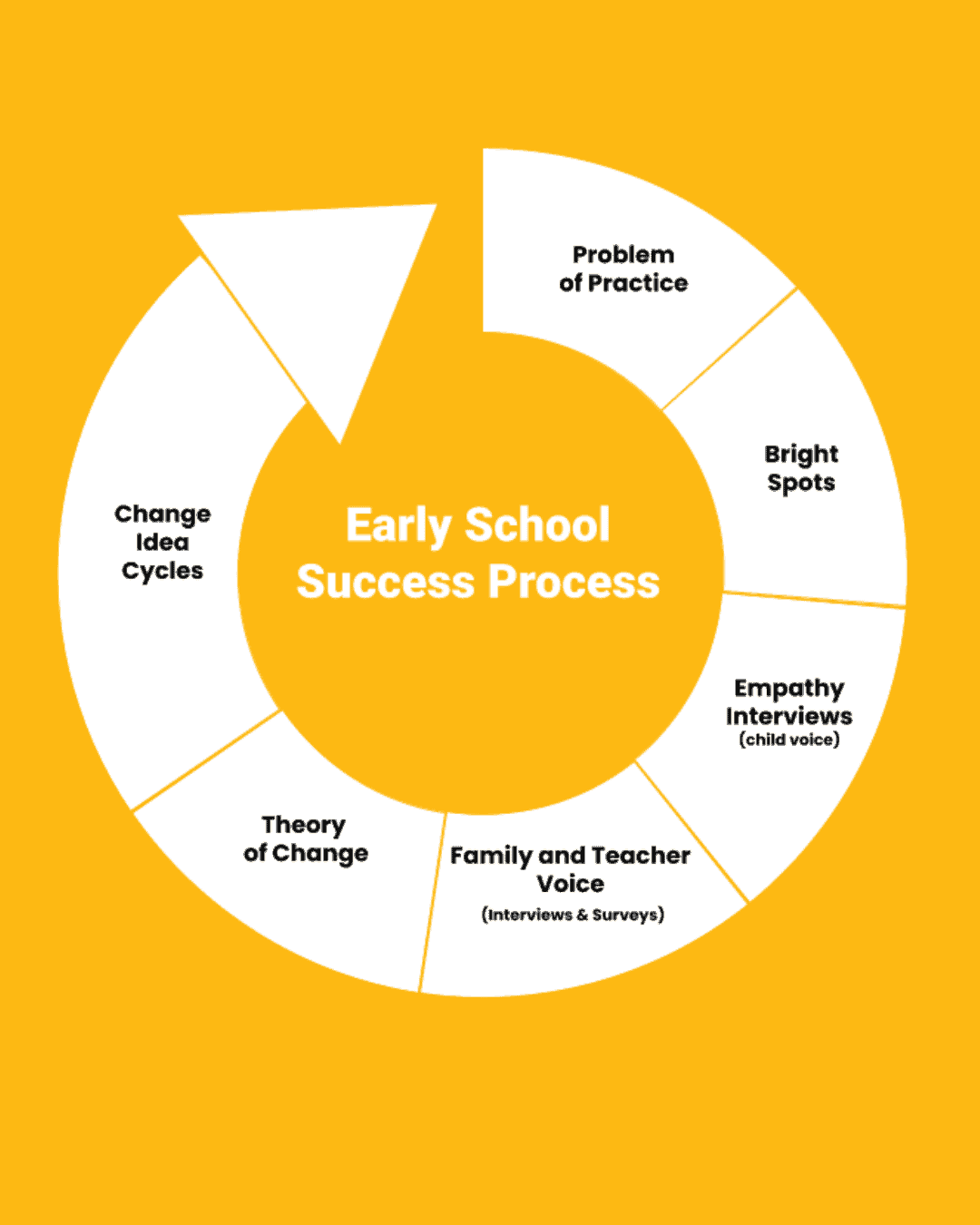
Learning Loop
Discover the dynamic, iterative process of continuous improvement with the latest Early School Success updates, new change ideas, upcoming events, exclusive resources from our Change library and more. Let the journey of continuous improvement begin with you.
Reach out to us and be a part of our growing community shaping the future of early learning today!
The Latest Change Ideas
Playful Inquiry: Loose Parts
School : St. Helens School District Elementary SchoolsGrade : KindergartenStudents creating and exploring with loose...
Change Library
This Change Library is a collection of real examples from teams who have created a process to address a problem, and...


